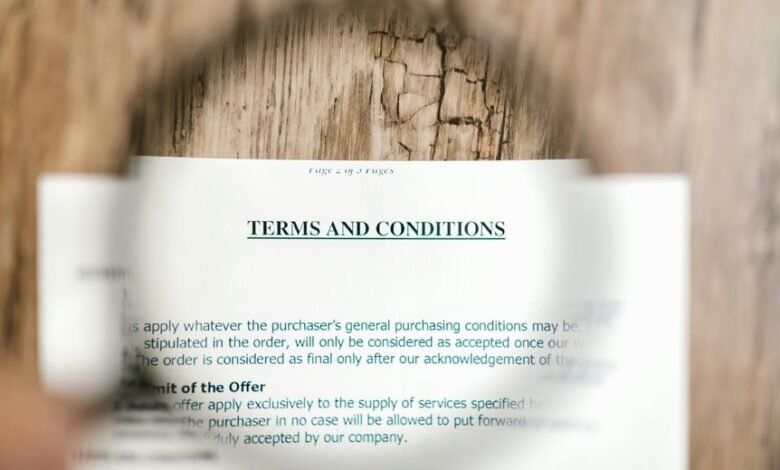European Commission 1.4B Irobot: Regulatory Review

The European Commission is currently evaluating a €1.4 billion acquisition proposal involving iRobot, focusing on its implications for competition and innovation in the robotics sector. This regulatory review scrutinizes potential market consolidation and its effects on consumer choice. As stakeholders await the outcome, the decision could reshape the future landscape of robotics in Europe. The stakes are high, prompting critical questions about the balance between corporate growth and market integrity.
Overview of the Acquisition Proposal
The acquisition proposal under review by the European Commission involves the strategic integration of iRobot, a prominent player in the robotics and smart home technology sector.
This acquisition is expected to significantly alter market dynamics, potentially reshaping competitive landscapes.
Stakeholders are particularly concerned about the acquisition impact on innovation and consumer choice, underscoring the necessity of a thorough evaluation to ensure market freedom and fairness.
The European Commission’s Review Process
While examining the acquisition of iRobot, the European Commission follows a structured review process aimed at assessing compliance with antitrust regulations and market competition principles.
This process operates within a comprehensive regulatory framework designed to maintain fair competition.
The review timeline consists of several phases, including an initial examination and potential in-depth investigations, ensuring thorough analysis of the acquisition’s impact on the market.
Implications for Competition and Innovation
Assessing the implications of the European Commission’s review of the iRobot acquisition reveals significant considerations for both competition and innovation within the market.
The decision may reshape competition dynamics, potentially limiting market entry for smaller players while consolidating power among few large firms.
Consequently, this could stifle the innovation landscape, hindering technological advancements essential for fostering a diverse and competitive robotics sector.
Future Prospects for Robotics in Europe
As the robotics sector in Europe navigates the regulatory landscape shaped by the European Commission’s scrutiny of acquisitions like iRobot’s, future prospects hinge on several critical factors.
Robotics advancements promise enhanced efficiency and innovation; however, market challenges such as regulatory compliance and competition may hinder growth.
Stakeholders must adapt strategically to leverage opportunities while addressing these constraints for sustainable progress in the industry.
Conclusion
In the intricate tapestry of the European robotics sector, the European Commission’s scrutiny of the €1.4 billion iRobot acquisition serves as a pivotal thread, weaving together concerns of competition and innovation. As regulators dissect this proposal, the potential ramifications echo through the corridors of the market, casting shadows on consumer choice and the future of technological advancement. The outcome of this review will undoubtedly shape the landscape, determining whether it flourishes or falters in an increasingly competitive arena.




